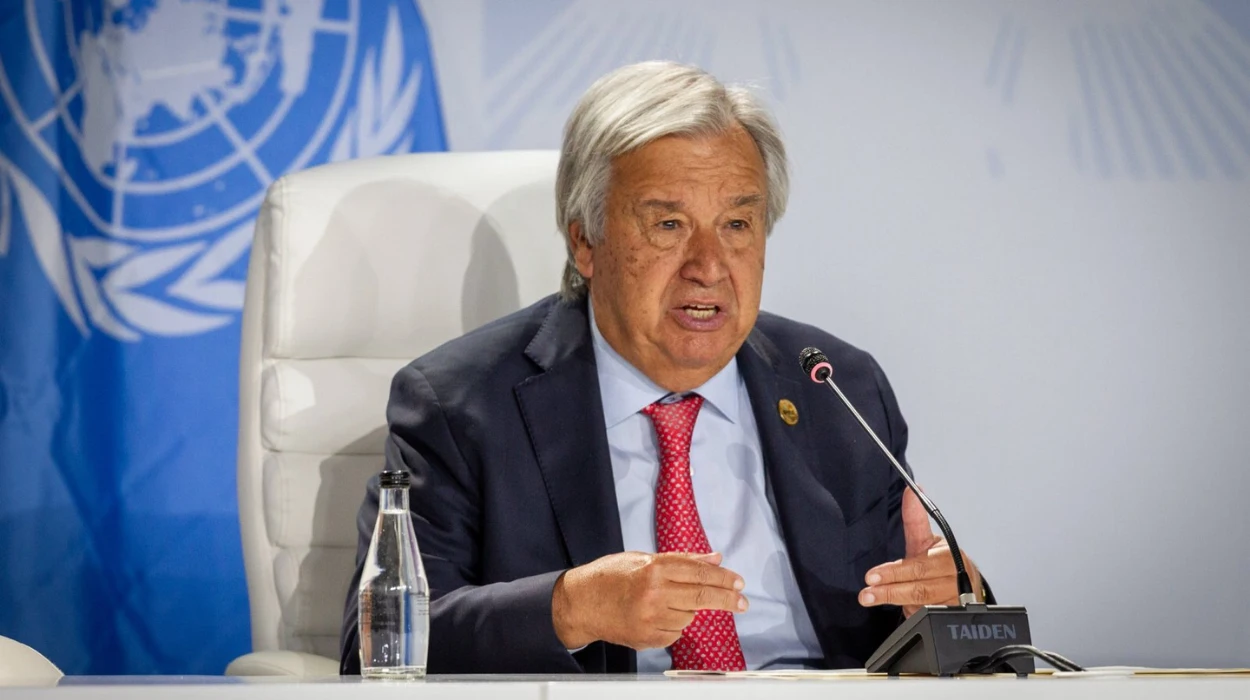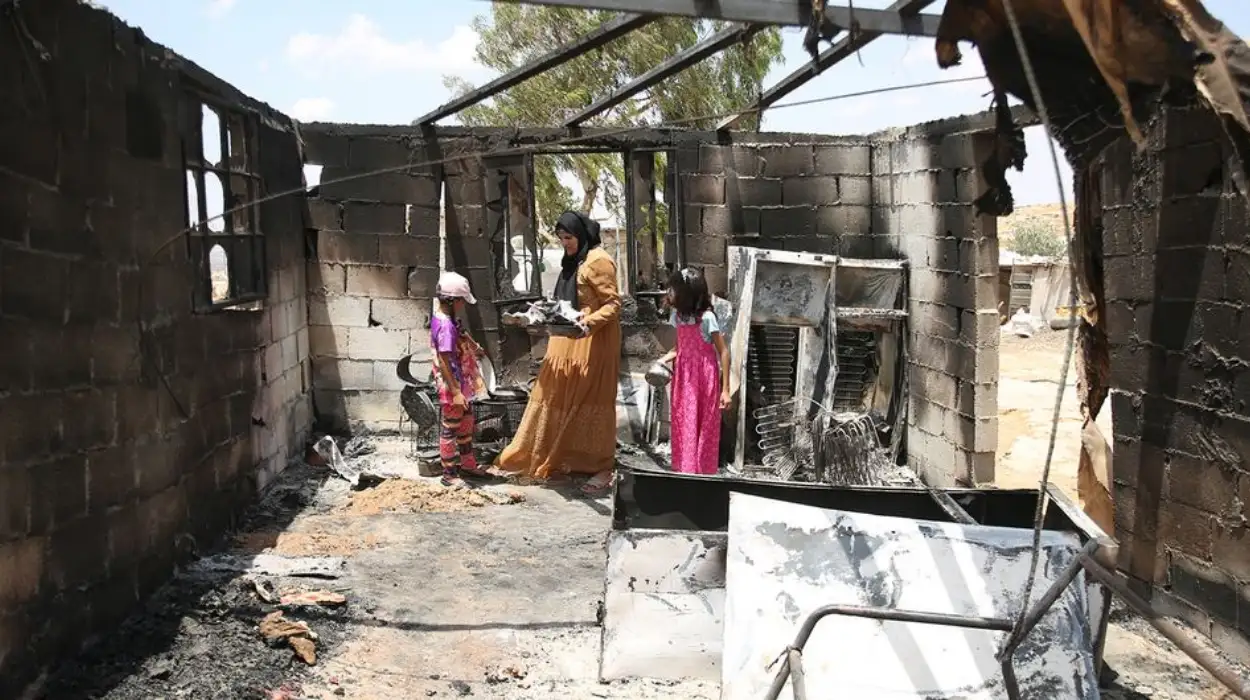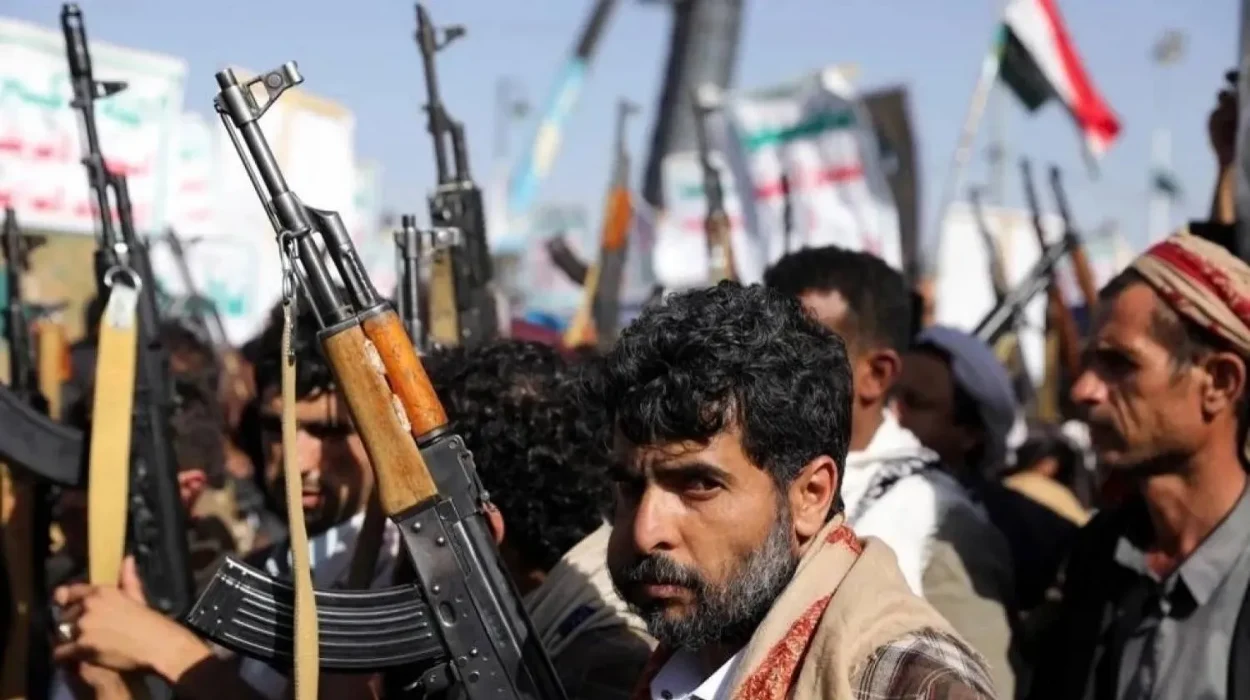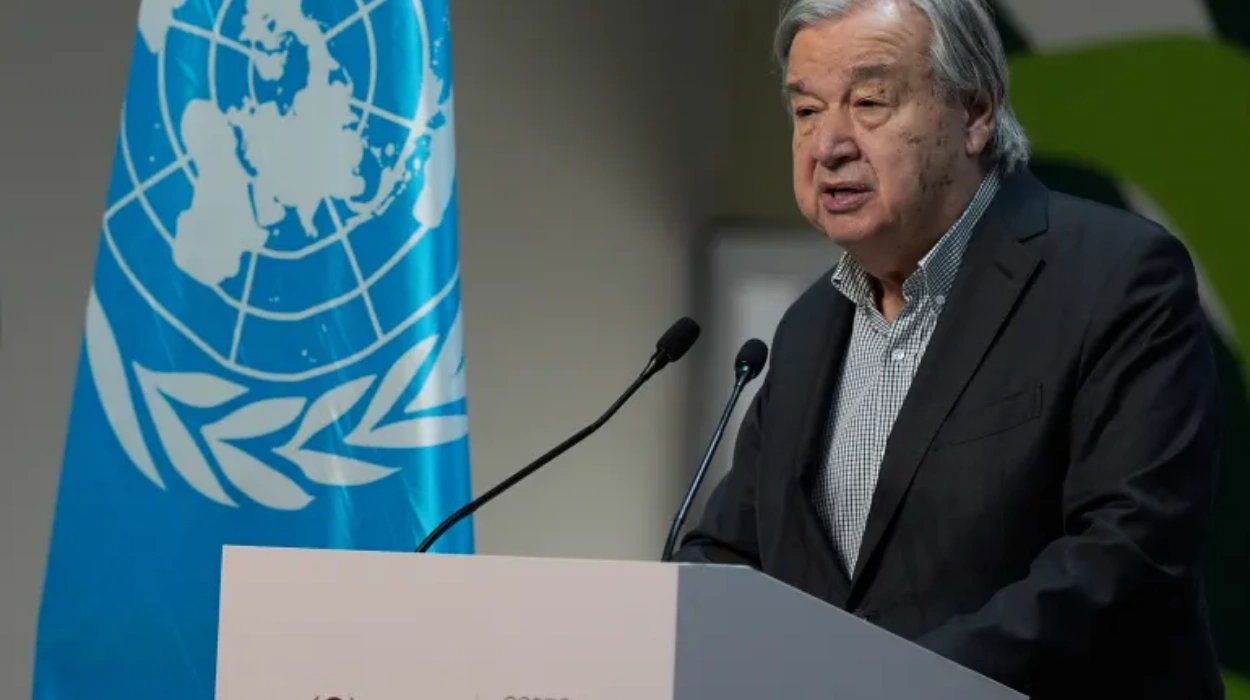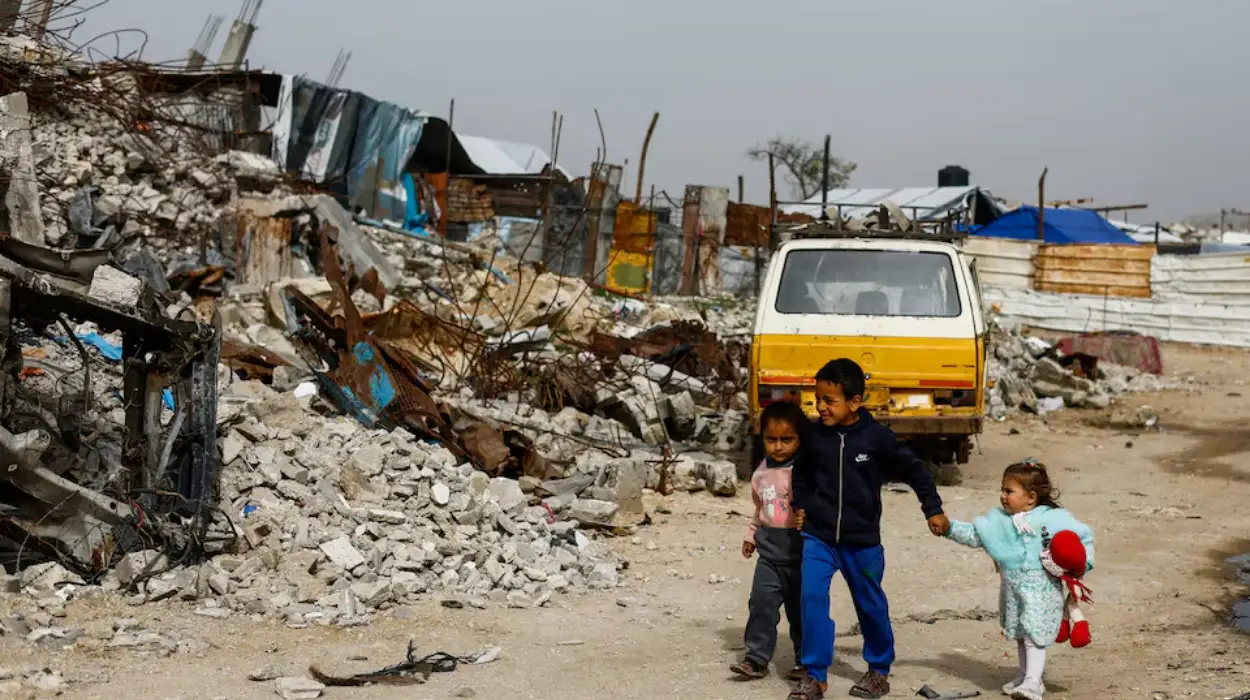On June 23, 2025, the United Nations Security Council convened a special session to assess the evolving situation in Afghanistan, focusing on humanitarian conditions, women’s rights, and the international community’s engagement with the Islamic Emirate of Afghanistan (IEA), commonly known as the Taliban-led administration. This session highlighted the deepening humanitarian crisis, the challenges of political engagement, and the contrasting perspectives among key global actors regarding the future of Afghanistan. This analysis explores these dimensions in detail, drawing on official statements, statistics, and policy shifts presented during the meeting.
Overview of the UN Security Council Session on Afghanistan
The session was convened under the framework of UN Security Council resolution 2615 (2021), which mandates quarterly consultations on Afghanistan and emphasizes the importance of unimpeded humanitarian access. The meeting featured briefings by Roza Otunbayeva, Special Representative of the Secretary-General and Head of the UN Assistance Mission in Afghanistan (UNAMA); Sima Sami Bahous, Executive Director of UN Women; and a senior official from the UN Office for the Coordination of Humanitarian Affairs (OCHA). Delegates from Afghanistan, India, Iran, Qatar, and all 15 Security Council members participated, underscoring the global stakes involved.
UNAMA’s mandate, extended through March 17, 2026, remains central to the UN’s engagement strategy, balancing humanitarian assistance and political outreach without legitimizing the Taliban’s political authority.
Humanitarian Situation and Statistics: A Crisis of Unprecedented Scale
Afghanistan continues to face one of the most severe humanitarian crises worldwide. According to the UN Office for the Coordination of Humanitarian Affairs (OCHA) report from February 2025, approximately 23.7 million Afghans, representing over half the country’s population, require humanitarian assistance. This staggering figure reflects widespread food insecurity, displacement, and lack of access to basic services.
The crisis is exacerbated by critical funding shortfalls. Many local non-governmental organizations (NGOs) are forced to lay off up to 50% of their staff, and 400 health clinics have recently closed, severely limiting healthcare access for millions. The World Food Programme (WFP) has been compelled to cut food rations and warns it may be unable to meet the needs of all vulnerable populations throughout 2025.
The Security Council session aimed to renew international focus and mobilize urgently needed funding to avert further deterioration of humanitarian conditions.
UNAMA’s “Mosaic Strategy” and Political Engagement: Navigating Complex Realities
Roza Otunbayeva introduced the UN’s newly formalized “Mosaic Strategy”, a nuanced approach designed to engage Afghanistan constructively without conferring political legitimacy on the Taliban administration. The strategy seeks to support the emergence of a peaceful Afghanistan that respects international obligations, reintegrates into the global community, and avoids a relapse into cycles of violence.
Otunbayeva emphasized the Taliban’s continued ban on girls’ education as a significant barrier to Afghanistan’s international reintegration. She warned, “Policies that restrict the rights of women and girls represent a major obstacle to Afghanistan’s reintegration into the international system” (UN Security Council, 2025).
The briefing also highlighted the ongoing Doha Process, initiated in May 2023, which includes working groups on counter-narcotics and private sector development scheduled for June 30 to July 1, 2025. These groups, which include Taliban representatives, focus on technical cooperation to address basic needs and promote alternative livelihoods, reflecting an attempt to maintain pragmatic engagement amid political complexities.
Women’s Rights and Inclusion: A Cornerstone for Sustainable Peace
Sima Bahous, Executive Director of UN Women, underscored the indispensable role of women’s participation in achieving lasting peace and legitimacy in Afghanistan. She stated, “Without full and active inclusion of women, no sustainable stability or real progress can be achieved in political or humanitarian efforts” (UN Women, 2025).
The Security Council session reiterated the need to ensure the full, equal, and meaningful participation of women in Afghan society, highlighting the severe restrictions imposed by the Taliban regime on women’s rights, including education, employment, and political involvement. This focus reflects a broader international consensus that women’s rights are not only a human rights imperative but also a critical factor in conflict resolution and state-building.
U.S. Policy Shift on Afghanistan: From Open-Ended Aid to Conditional Engagement
U.S. Ambassador Dorothy Shea signaled a notable policy shift during the session, acknowledging that nearly four years after the Taliban’s takeover, the situation remains dire. Shea emphasized a move away from open-ended assistance toward conditional, outcome-based engagement, stating, “It is now time for the Taliban to perform”.
The renewed U.S. strategy prioritizes protecting American citizens, mitigating terrorism threats, and securing the release of detained Americans. Shea candidly admitted that previous assistance approaches “have not been sustainable and have failed to yield the intended results,” signaling increased U.S. demands for accountability and tangible progress from the Taliban.
This shift reflects broader frustration with the Taliban’s failure to meet international expectations on human rights and governance, and a recalibration of U.S. engagement to focus on clear benchmarks.
Divergent Views Among Security Council Members: Balancing Pragmatism and Principles
The session revealed significant divisions among Security Council members regarding how to engage with Afghanistan’s Taliban-led government.
China’s envoy, Geng Shuang, advocated for a pragmatic approach that avoids politicizing humanitarian aid and cautioned against using women’s rights as the sole criterion for engagement. Geng stated, “We must respect Afghanistan’s traditions and realities, and avoid imposing excessively strict demands”.
This perspective contrasts with Western calls for stringent conditions tied to human rights improvements, reflecting differing geopolitical priorities and interpretations of sovereignty.
Qatar announced plans to host two working group meetings under the Doha Process on counter-narcotics and private sector development, including Taliban participation. This signals ongoing technical engagement aimed at maintaining stability and addressing urgent socio-economic issues despite diplomatic caution (Qatar Mission to the UN, 2025).
Roza Otunbayeva:
“The goal of this focused engagement is to support the emergence of an Afghanistan that lives in peace with itself and its neighbors, adheres to international obligations, reintegrates into the global community, and avoids a return to cycles of violence.”
On girls’ education ban:
“Policies that restrict the rights of women and girls represent a major obstacle to Afghanistan’s reintegration into the international system.”
Sima Bahous:
“Without full and active inclusion of women, no sustainable stability or real progress can be achieved in political or humanitarian efforts.”
U.S. Ambassador Dorothy Shea:
“Nearly four years have passed since the Taliban took control, yet the situation remains dire… Our approach to assistance has not been sustainable and has failed to yield the intended results… It is now time for the Taliban to perform.”
China’s Geng Shuang:
“We must respect Afghanistan’s traditions and realities, and avoid imposing excessively strict demands.”
Conclusion: Navigating a Complex and Divided International Landscape
The June 2025 UN Security Council session on Afghanistan laid bare the complex humanitarian, political, and diplomatic challenges facing the international community. The humanitarian crisis remains dire, with millions in need and critical funding shortfalls threatening basic services and food security. The UN’s “Mosaic Strategy” reflects a careful balancing act: engaging with Afghanistan to alleviate suffering and promote stability, while withholding political recognition of the Taliban regime.
Women’s rights emerged as a central concern, recognized as essential for sustainable peace but also a point of contention among member states. The U.S. policy shift toward conditional engagement signals growing impatience with the Taliban’s failure to meet international expectations, while China and Qatar’s emphasis on pragmatism highlights divergent approaches within the Security Council.
Ultimately, the session underscores the urgent need for coordinated international action that reconciles humanitarian imperatives with political realities, ensuring Afghanistan does not spiral further into isolation, instability, and suffering.


